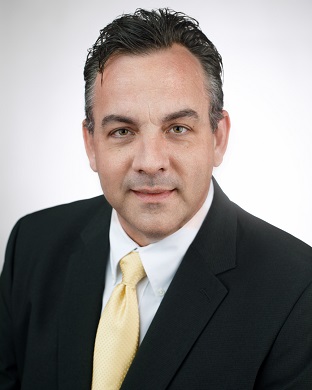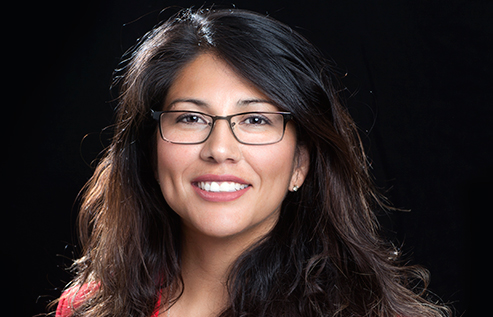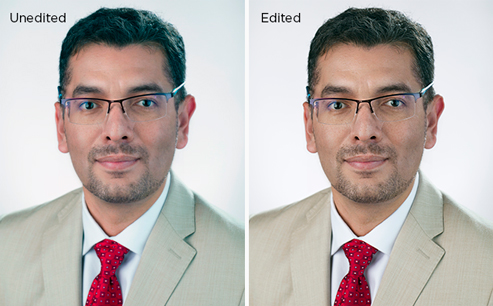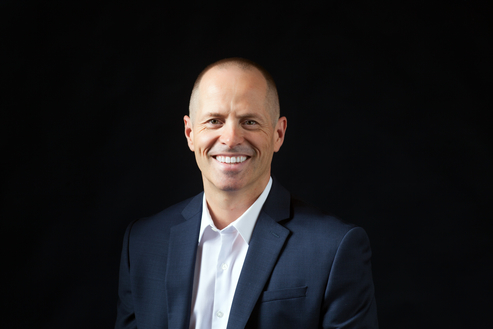There are no random photos in the commercial portfolio. This simple idea somehow slips away from the field of view. I will explain by example. Do you know why it is so difficult for a photographer to get a job in a magazine or advertising agency? Simply put - his portfolio does not say anything at all.
Call us 713-560-7859
What is a professional photographer
Nobody understands (or doesn’t want to) who is a “professional photographer.” People use different meanings when they talk about “professionalism.” The overwhelming majority of both the photographers and the public themselves understand this term as "a man who makes money with a photograph."
I've been thinking about this post for a long time, and in it, I'll tell you what kind of mandatory criteria a photographer should meet to be called a professional photographer.
There are a lot of people who have been making money on photography for a long time and quite successfully. But they are not professionals (in my opinion). They are artisans who reached a certain level and stopped advancing having realized that this is enough to keep their customers happy.
There are also advanced amateurs. They are well armed both technically and theoretically. These people are close in spirit to true professionalism. They are also passionately and deeply immersed in photo art and are willing to spend a lot of energy and time to get a good picture. But these people have more freedom than professionals. Photography does not bring them money, they have no obligations to the client, they work selflessly, for the sake of satisfying their spiritual and aesthetic needs.

What defines a professional photographer?
First, let's think about what we put into the word "professional"? What comes to your mind? Personally, I believe a professional is a highly qualified expert (in a particular field), responsibly and qualitatively doing his job.
The complexity and mental qualifications of the profession itself on the universal pyramid of values are not relevant here. You can sell real estate and be a professional in your business. You can be a surgeon and leave the device in the patient.
Let’s return to the photo. What makes a photographer successful and therefore professional?
We will not take into consideration those people who make pictures for themselves and then sell their work. They are irrelevant to this discussion. Let's talk about those who work with the client.
We will not take into consideration those people who make pictures for themselves and then sell their work. They are irrelevant to this discussion. Let's talk about those who work with the client.
The first 50% of success of a professional photographer

You can bring a set of beautiful photos. But, you know what? No one really knows how you got those photos. Maybe you bought them or stole, maybe your friend shot them. Perhaps you’ve been taking photographs for 30 years, but for such a long time any monkey will produce at least a couple of dozen decent pictures. Maybe you just came back from the workshop or masterclass. Even if you periodically drop the camera against the floor with the shutter button pointing down - sooner or later something good will come out.
So, a professional photographer is a person who knows exactly what he shot, why, in what way, which method he used, equipment, and under what conditions each image was created in his portfolio.
If you break into his house at night, wake him up, ask to recreate an image from his portfolio, you will get precisely the same image or better.
Well, imagine. An advertising agency has an order from France to produce an ad for a magazine. The date is chosen, location is booked, light and props are rented. On the shooting site, there will be the client, client's mom, client's aunt, client's wife, art director, producer, two managers, models, make-up artists, assistants. The budget is allocated for shooting 90,000 dollars. The magazine cut out 89,700 dollars, but it does not matter. The professional photographer is paid the remaining money, and the client asks for the full amount.
There’s Joe. Joe doesn’t shoot for the stars and produces a standard, medium-quality product. But he has been working with them for the 20th time. Joe will come on time, joke with everyone, wink at the client, do everything right, eventually give out his average level.
And there is John. His portfolio is better than that of Joe’s. But where is the guarantee that he will be on time, that his appearance will be presentable, and the end result will be outstanding?
Reputation - that's what makes a professional photographer either a successful specialist or a hopeless loser.
Second 50% of success of a professional photographer
Multitasking, experience, responsibility, sociability.
Namely, a professional photographer should be able to:
- Persuade, beg, hypnotize, guess by the magic ball. Do all possible to receive TECHNICAL TASK from the client.
This is a great art and a way to achieve the state of Zen, we'll talk about this another time.
This is a great art and a way to achieve the state of Zen, we'll talk about this another time.
- Give up work if all of the above methods have not helped, or if you dislike the client. By the way, very few people know how to give up work.
- Having received the technical task, to write a plan for filming and briefing, prepare a business proposal and legal documentation.
In this proposal, a professional photographer must take into account all possible conflict situations and stipulate them in advance. If the customer is not happy, - the photographer is always guilty, without exception. It is he who must rely on his experience and resolve all conflicts BEFORE shooting, and not after.
In this proposal, a professional photographer must take into account all possible conflict situations and stipulate them in advance. If the customer is not happy, - the photographer is always guilty, without exception. It is he who must rely on his experience and resolve all conflicts BEFORE shooting, and not after.
- Organize, if necessary, a search for models, make-up artists, designers, location, props, clothes, and, of course, any essential light.
A professional photographer doesn’t have to do it all by himself, but he has to know people who can help.
A professional photographer doesn’t have to do it all by himself, but he has to know people who can help.
- Manage the work of the team. Very often it is the photographer's job to select a group for the project and to organize all these people. And animals. Animals in particular.
- Be a psychologist, manipulator, and sometimes a dentist. With the client and with the team. You need to understand when to put your foot down, give in or admit that you’re wrong, where to show firmness or flexibility, when to smile, bow, and leave the building.
And all of the above you must do ON TIME. Meet on time, send documents on time, shoot on time.
SUBSCRIBE FOR THIS BLOG


